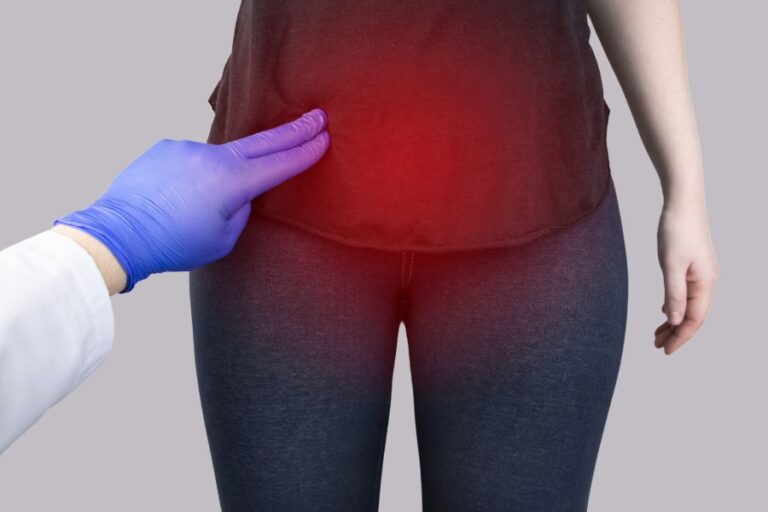- Phone: +91 94800 58379
- Mon-Sun 24/7
- contact.sanyrahospital@gmail.com


Cystocele

Cystocele, more commonly referred to as bladder prolapse, is a medical condition affecting predominantly women that involves the weakening or displacement of the front vaginal wall and subsequent bladder prolapse into the vaginal canal. This condition can result in significant discomfort for those affected, significantly impairing quality of life and hindering the quality of living overall. For those seeking Cystocele treatment in Bangalore, this article will explore in more depth its causes, symptoms, diagnosis, treatment options, and preventive methods.
Cystocele typically results from the weakening of pelvic floor muscles and tissues that support the bladder and other pelvic organs due to various causes, including:
Cystocele symptoms range in intensity from minor discomfort to significant disruption in daily life. Some common signs and symptoms may include:
An accurate cystocele diagnosis requires an in-depth medical history, physical exam, and possibly additional tests. A pelvic exam may serve as the initial step where the healthcare provider assesses prolapse extent; additionally, urodynamic studies (measuring bladder function), cystoscopy, or even endoscopic cystography might also be performed to assess its condition and diagnose cystocele.
(Sources vary) Within treatment for cystocele, there may be variations depending on its severity and individual preferences. Some options available for consideration: (Source)
While not every cystocele can be avoided entirely, specific measures can reduce its risk:
If you’re seeking Cystocele Treatment In Kengeri or Bangalore, Dr. Rajendra Prasad is here to help. To schedule a consultation or get more information about his services, contact us at Sanyra Hospital. Dr. Prasad and his team are committed to providing high-quality care and ensuring that you receive the best possible Treatment for cystocele.
If you’re seeking cystocele surgeon in Kengeri or Bangalore, look no further than Dr. Rajendra Prasad . With his expert care and personalized approach, you can be confident that you are in capable hands. Dr. Rajendra Prasad is an MBBS, MS (General Surgery), MCh (Urology), Consultant Urologist, Andrologist, Endoscopic, Laparoscopic & Kidney Transplant Surgeon with over 12+ years of Service. He has handled many critical surgeries and is highly experienced in treating cystocele and other urological conditions.
Cystocele is a condition primarily experienced by females that results from weakening pelvic floor muscles and tissues, often through pregnancy or menstruation. Although symptoms of cystocele can cause discomfort and disruptions to daily life, treatment options, including Cystocele Treatment in Bangalore, exist that can manage symptoms while improving overall well-being. Understanding the causes, symptoms, and preventive measures is vital for individuals to take charge of their pelvic health. Should you suspect you might have cystocele or are experiencing related symptoms, seeking professional medical advice is key. Accurate diagnosis and guidance from medical advisors are critical in ensuring the best course of treatment and improving quality of life.
Symptoms of cystocele include a bulge in the vagina, discomfort during intercourse, urinary incontinence, and difficulty emptying the bladder completely.
Cystocele can be caused by childbirth, heavy lifting, chronic coughing, or straining during bowel movements, all of which put pressure on the pelvic floor muscles.
Diagnosis of cystocele involves a pelvic exam, during which the doctor may ask you to strain or bear down to see if the bladder bulges into the vaginal area. Ultrasound and magnetic resonance imaging (MRI) may also be employed.
Treatments for cystocele range from lifestyle changes and pelvic floor exercises to the use of a pessary device or surgery to repair the vaginal wall.
You should see a doctor if you experience symptoms that affect your daily life, such as a noticeable bulge in the vagina, urinary issues, or discomfort during intercourse.

We are happy to assist you! Fill the form we will contact you soon!
Sanyra Hospital is a leading Multi-Speciality Hospital in Kengeri Bangalore and diagnostic centre. With a commitment to providing high-quality healthcare services, it offers a wide range of medical specialties and advanced diagnostic facilities to meet the diverse healthcare needs of the community. We have dedicated urology center & dialysis center.
© 2023, Sanyra Hospital. All Rights Reserved.
WhatsApp us